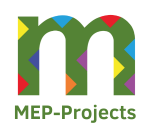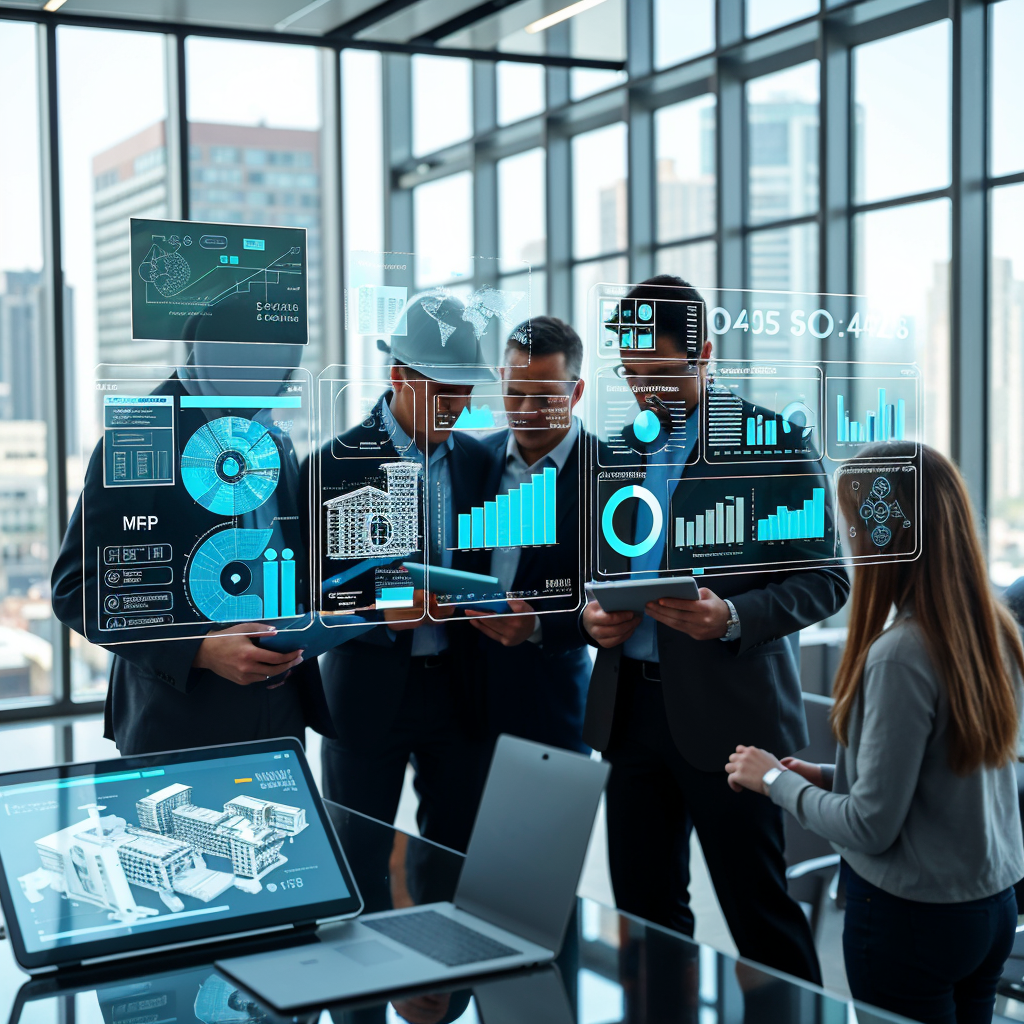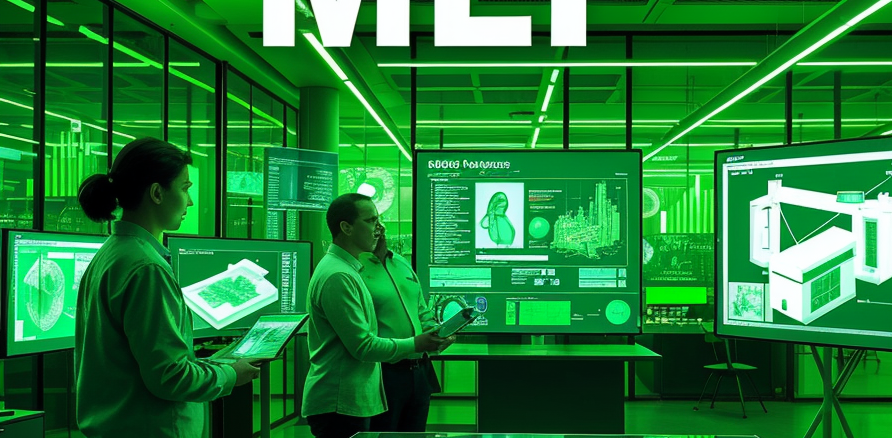- 18 September, 2024
- Francisco Gallego
- Comment: 0
- News

SOFTWARE DEVELOPMENT FOR AUTOMATION AND EFFICIENT MANAGEMENT IN MEP PROJECTS

In the current context of project engineering, technological innovation has played a crucial role in optimising processes, improving productivity and efficiency in the different phases of execution. MEP-Projects, specialising in the design and development of mechanical, electrical and plumbing systems, is adopting modern approaches to software development to meet the growing demands for automation and advanced project management.
Software development at MEP-Projects is geared towards creating customised solutions that enable the integration of project management tools, data analysis and automation of repetitive tasks. These solutions are designed to facilitate collaboration between engineers, architects and other professionals involved in MEP projects, allowing a more fluid and real-time management of all phases of the project.
The main areas of development include:
- Automation of Repetitive Tasks: One of the key approaches is to reduce time spent on manual tasks through automation. This includes everything from reporting to facility control and monitoring, allowing engineering teams to spend more time on high-value activities such as system design and optimisation.
- Improved Project Management: Specific software platforms are being developed that enable the visualisation and analysis of large volumes of data in real time, facilitating more informed decision-making. These platforms allow the monitoring of project progress, the identification of risks and the efficient allocation of resources.
- BIM (Building Information Modelling) integration: Software development is also geared towards integration with BIM modelling systems, which are critical in construction and MEP facility projects. The ability to manage and modify models in real time gives teams a competitive advantage by enabling accurate and detailed visualisation of MEP systems within a project.
- Energy Optimisation and Sustainability: In a context of growing concern for sustainability, the software developed by MEP-Projects is also focused on improving the energy efficiency of installed electrical and mechanical systems, integrating algorithms that allow monitoring and adjusting energy consumption in real time, thus optimising resources and reducing operating costs.
- Multidisciplinary Collaboration: The software tools are also designed to facilitate collaboration across multiple disciplines within the organisation. From electrical and mechanical engineers to designers and project managers, the platforms developed allow all teams to work in sync, ensuring that critical information is available and up to date for all stakeholders.
Towards the Future: Challenges and Opportunities
With the increasing digitalisation of the construction and engineering industry, software development will continue to play a central role in the evolution of MEP-Projects. Advances in technologies such as artificial intelligence and machine learning promise new opportunities to further optimise systems and improve the accuracy of predictions and simulations in projects.
The main challenge for MEP-Projects will be to keep up with the latest technological trends, adapting its systems and software processes to an increasingly digitised environment. However, with a clear commitment to technological innovation, the company is well positioned to lead in the automation and efficient management of MEP projects in the future.
Made by Enrique Gallego (Front-End Developer)

